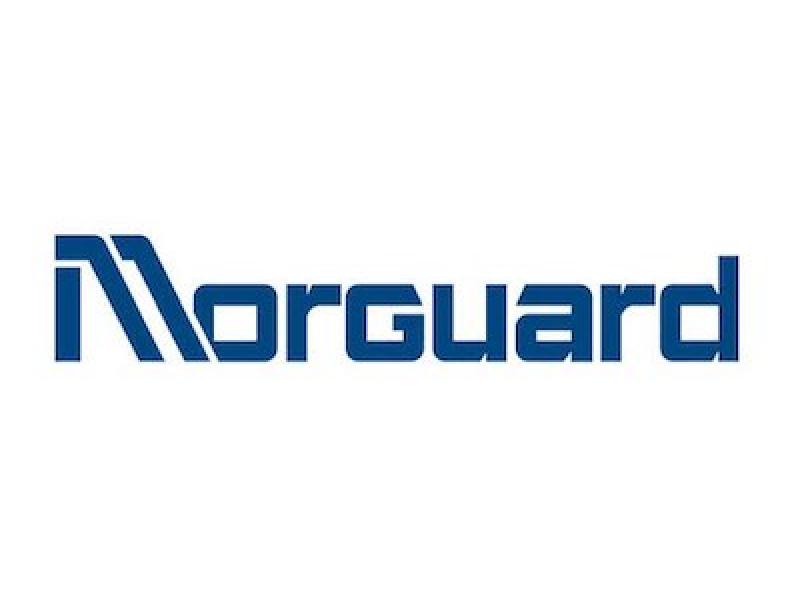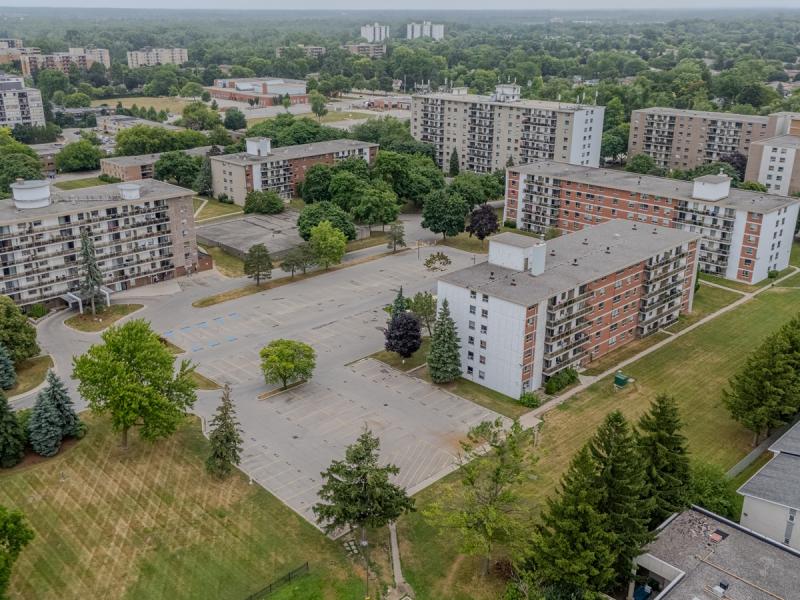
Benjamin Tal, the deputy chief economist at CIBC World Markets. (Courtesy CIBC)
For much of his economic update during the virtual Land and Development conference this week, CIBC deputy chief economist Benjamin Tal had a familiar optimistic theme. But, he also injected a stronger note of caution than in past updates.
It centred around the potential for inflation and the impact it could have on the commercial real estate industry. While he acknowledged a period of extended higher inflation is still not the most likely scenario, he spent a significant portion of his presentation outlining why it could occur, and what needs to be done to prevent, or at least control, it.
“Nobody knows where inflation will be six months from now,” Tal admitted. “When I say nobody, I include the Bank of Canada and The Fed in that nobody. At this point, the narrative from the Bank of Canada and The Fed is ‘Yes, we know inflation is rising, but it is going to be short-lived.’
“Maybe that’s correct, but they don’t know.”
Tal said conditions are ripe for inflation if central banks don’t carefully monitor liquidity, consumer spending and the availability of goods, services and labour. Citing the 2008 financial crisis, he said central banks did not respond soon enough and then overreacted by raising interest rates too fast and too high.
Inflation the “No. 1 risk facing the economy”
“If you are in real estate you really have to think about this. The risk is that inflation will be more sticky than expected, and then you realize that you’re behind the curve, you are the Bank of Canada, and you have to start raising interest rates,” Tal said. “When you chase a lagging indicator, you panic, and you raise interest rates way too quickly.
“To me that is the No. 1 risk facing the economy and the market: a very rapid pace of increase in interest rates.”
He cited a quarter trillion dollars of “pent-up demand” in the Canadian economy from both consumer and business savings during the pandemic, along with the extra liquidity pumped into the economy from government assistance efforts. When this money starts being spent, he said, central banks will have to carefully time their efforts to remove liquidity from the system.
“Money supply is rising like there is no tomorrow,” Tal noted.
As restrictions ease, that demand will begin to be unleashed and much of it will focus on the services and hospitality industries which have been the hardest hit by the pandemic.
“You need people to use that money. So far they are sitting on those savings,” he said. “But the minute they start spending this mountain of cash that we discussed earlier, that will increase the velocity of money and can be inflationary if you are not removing liquidity from the system.”
A different kind of economic recovery
Tal discussed the complicated relationships between liquidity, goods and services and the labour force.
He noted that due to both the nature of the recession — very few sectors were hit, but they were deeply affected — and today’s historically low interest rates, this recovery is not going to resemble conditions from previous economic shocks which were more broad-based and triggered by other factors.
“The economic multiplier of every dollar spent from this mountain of cash will be much more significant, given that it can be targeted to where the pain is,” Tal said. “Therefore we are going to see a significant increase in economic activity, spending targeted to the right place.”
Moves by central banks to guide the economy will also be magnified from previous recovery periods.
”I suggest a one per cent increase in interest rates today is equivalent to two per cent 10 years ago. So you don’t have to do much to really impact the market, especially if you raise interest rates quickly.”
Tal said inflation concerns have already led the Bank of Canada to talk about starting to raise interest rates sooner than previously predicted, perhaps as early as mid-2022. He suggests The Fed will do likewise, though its public position still calls for stable interest rates into 2024.
Impact on the housing market
Canada’s hot housing market would be one of the first areas affected by higher interest rates.
Tight supply and rising demand has resulted in dramatic price increases in virtually every market across the country.
“We are getting the benefit of a recession vis a vis low interest rates without the cost of a recession vis a vis a broadly based increase in the unemployment rate. This is something we haven’t seen before and this is why the housing market is on fire.”
However, Tal expects to see at least some stabilization in the market because he believes today’s rush to buy is “borrowing activity from the future.”
He also expects housing in urban cores to regain its pre-pandemic popularity.
“The city will be back,” he said, specifically citing Toronto, Montreal and Vancouver. “With everything shut down, the attractiveness of the city is basically zero. But, the minute you open it up, the city is attractive again.”
As the vaccine rollout continues and our society moves toward “herd immunity”, Tal reiterated a point from previous updates. Despite the inflation concerns, he firmly expects to see a landscape which closely resembles pre-pandemic fundamentals.
“We will go back to where we were before the crisis as far as the fundamentals of the economy are concerned,” he predicted, noting this is exactly what is happening in countries where the recovery is more advanced than Canada.
“Things are starting to resemble what we were seeing in 2019. So clearly things have changed, the global economy has been modified, but when the smoke clears everything will look very, very similar.”










